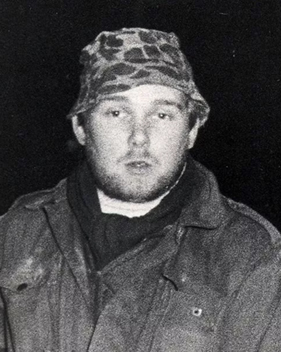Hungerford Massacre
Relevance
This event is cited as the explanation for Stop Me If You Think You've Heard This One Before not being played by the BBC. After Ryan's shooting dead of 16 people, the lyrics "plan a mass murder" were deemed insensitive. As a result, I Started Something I Couldn't Finish was released in its place in the UK.
Morrissey stated to Len Brown in 1988:
"I desperately desperately wanted that to be released. Rough Trade sent white labels along to Radio One but they said they would never under any circumstances play it because of the line about mass murder. They said people would've instantly linked it with Hungerford and it would've caused thousands of shoppers to go out and buy machine guns and murder their grandparents. I think Rough Trade should've released 'Death Of A Disco Dancer' instead just to be stroppy."
(NME: " Born To Be Wilde" - February, 1988)
Wikipedia Information
 |
The Hungerford massacre was a spree shooting in Wiltshire and Berkshire, United Kingdom, which occurred on 19 August 1987 when 27-year-old Michael Ryan shot and killed sixteen people, including an unarmed police officer and his own mother, before killing himself. No firm motive for the killings has been established. A report on the massacre, commissioned by Home Secretary Douglas Hurd, found that understaffing and telecommunication problems may have hampered the police response to the developing incident. The killings were committed using legally owned handguns and semi-automatic rifles, and the report stated that existing firearms legislation should be more stringent. Consequently, the Firearms (Amendment) Act 1988 was passed in the wake of the massacre, banning ownership of semi-automatic centre-fire rifles and restricted the use of shotguns with a capacity of more than three cartridges. The shootings have been compared to those in Dunblane in 1996, and in Cumbria in 2010, and the Hungerford massacre remains one of the deadliest firearms incidents in British history.